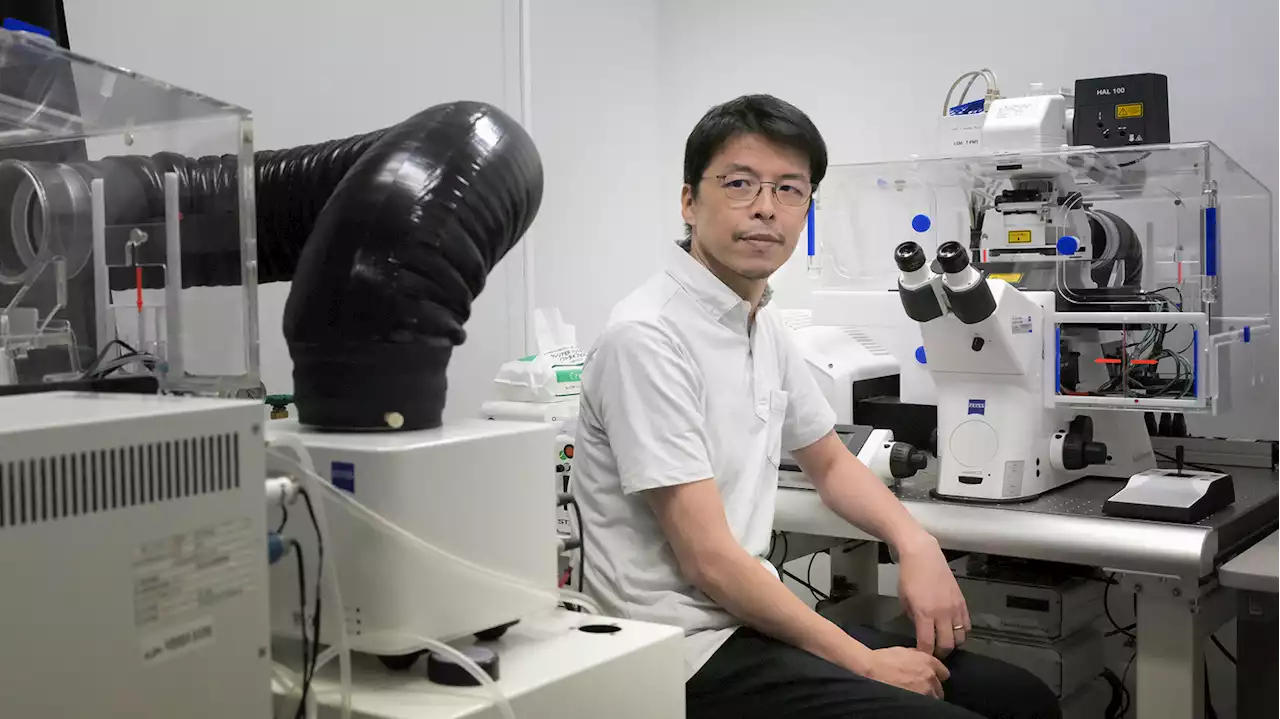Researchers in Japan have confirmed microplastics are present in clouds, where they are likely affecting the climate in ways that aren't yet fully understood.
In a study published in Environmental Chemistry Letters, scientists climbed Mount Fuji and Mount Oyama in order to collect water from the mists that shroud their peaks, then applied advanced imaging techniques to the samples to determine their physical and chemical properties.
The team identified nine different types of polymers and one type of rubber in the airborne microplastics—ranging in size from 7.1 to 94.6 micrometers.What's more,"hydrophilic" or water-loving polymers were abundant, suggesting the particles play a significant role in rapid cloud formation and thus climate systems.
Brasil Últimas Notícias, Brasil Manchetes
Similar News:Você também pode ler notícias semelhantes a esta que coletamos de outras fontes de notícias.
 Earth is such a mess right now that scientists found microplastics in cloudsJapanese researchers have discovered a concerning amount of microplastics are now appearing in our clouds.
Earth is such a mess right now that scientists found microplastics in cloudsJapanese researchers have discovered a concerning amount of microplastics are now appearing in our clouds.
Consulte Mais informação »
 Hong Kong, Japanese stocks decline ThursdayStocks in the Asia-Pacific region mostly grew Thursday, Sept. 28. Hong Kong's Hang Seng Index declined 1.4% to 17,373.03, while the Nikkei 225 Index of...
Hong Kong, Japanese stocks decline ThursdayStocks in the Asia-Pacific region mostly grew Thursday, Sept. 28. Hong Kong's Hang Seng Index declined 1.4% to 17,373.03, while the Nikkei 225 Index of...
Consulte Mais informação »
 Japanese scientists race to create human eggs and sperm in the labScientists in Japan are leaders in the development of new technology that could make sperm and eggs from practically any cell in the body. The results could transform human reproduction.
Japanese scientists race to create human eggs and sperm in the labScientists in Japan are leaders in the development of new technology that could make sperm and eggs from practically any cell in the body. The results could transform human reproduction.
Consulte Mais informação »
 Japanese scientists race to create human eggs and sperm in the labScientists in Japan are leaders in the development of new technology that could make sperm and eggs from practically any cell in the body. The results could transform human reproduction.
Japanese scientists race to create human eggs and sperm in the labScientists in Japan are leaders in the development of new technology that could make sperm and eggs from practically any cell in the body. The results could transform human reproduction.
Consulte Mais informação »
 Researchers Discover New Way To Reverse the Effects of FentanylAccording to the Centers for Disease Control, overdoses claim the lives of 100,000 Americans annually, with a significant majority attributed to the consumption of synthetic opiates such as fentanyl. Although naloxone, currently the only antidote for opiate overdose, is more widely available now, i
Researchers Discover New Way To Reverse the Effects of FentanylAccording to the Centers for Disease Control, overdoses claim the lives of 100,000 Americans annually, with a significant majority attributed to the consumption of synthetic opiates such as fentanyl. Although naloxone, currently the only antidote for opiate overdose, is more widely available now, i
Consulte Mais informação »
